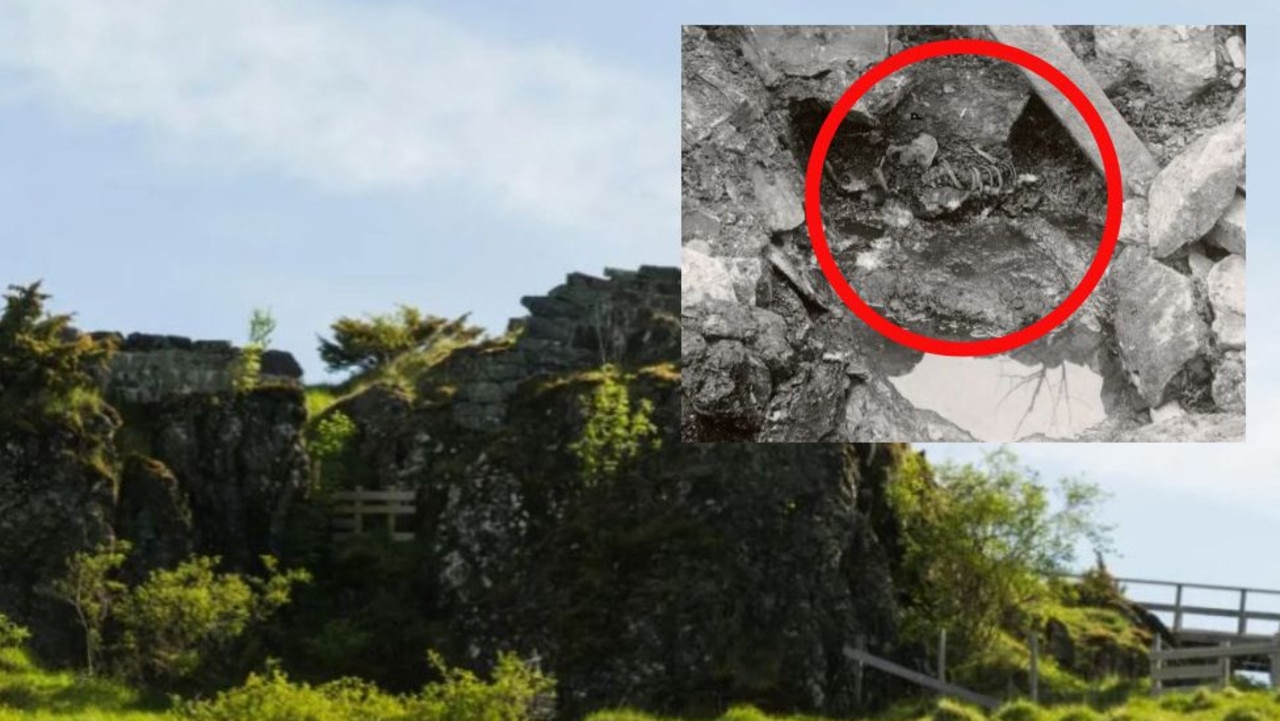New images show how Bali hopes to recover after the pandemic
For the holiday island that typically welcomes millions of tourists from around the world each year, there are new fears Bali will never be the same.
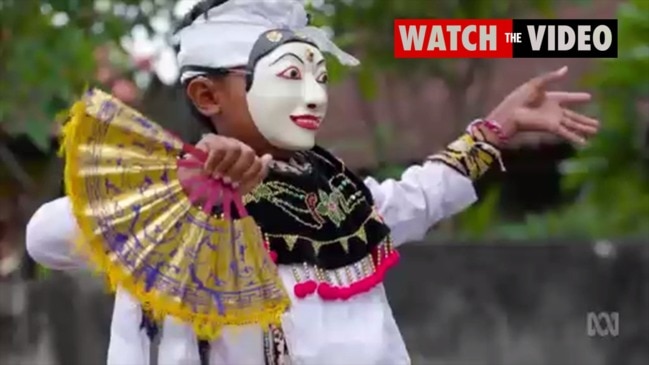
For the holiday island that typically welcomes millions of international tourists from around the world each year, there is dwindling hope that Bali will ever be the same again.
Prior to COVID, Bali was one of the top overseas destinations for Australians to travel to, with around one million of us lapping up Bintangs and exploring hidden beaches every year.
But now, the island paradise sits in ruins with some resorts completely vacant and the once bustling Denpasar airport now empty with just the rattle of an air conditioner filling the terminal.
In a chilling 30 minute documentary, ABC’s Foreign Correspondent program has lifted the lid on how the once booming holiday island has fallen to ruins, and why locals believe the destination will never return to its former glory days.
RELATED: How Bali tourism could be crushed by Australia’s latest restrictions
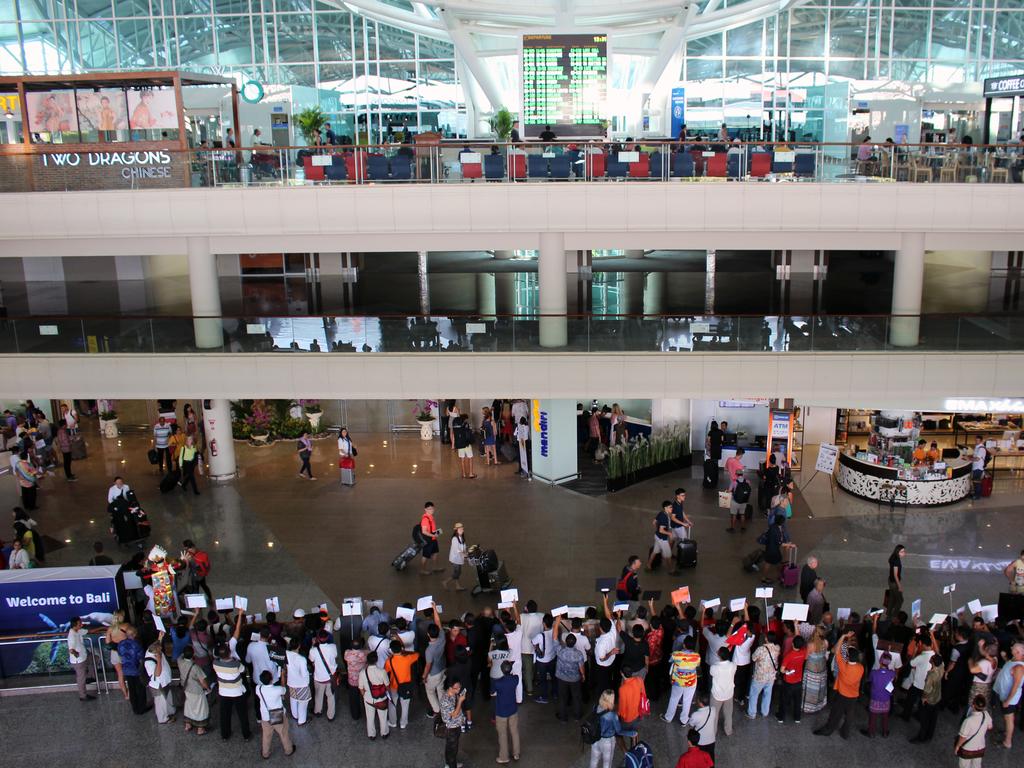
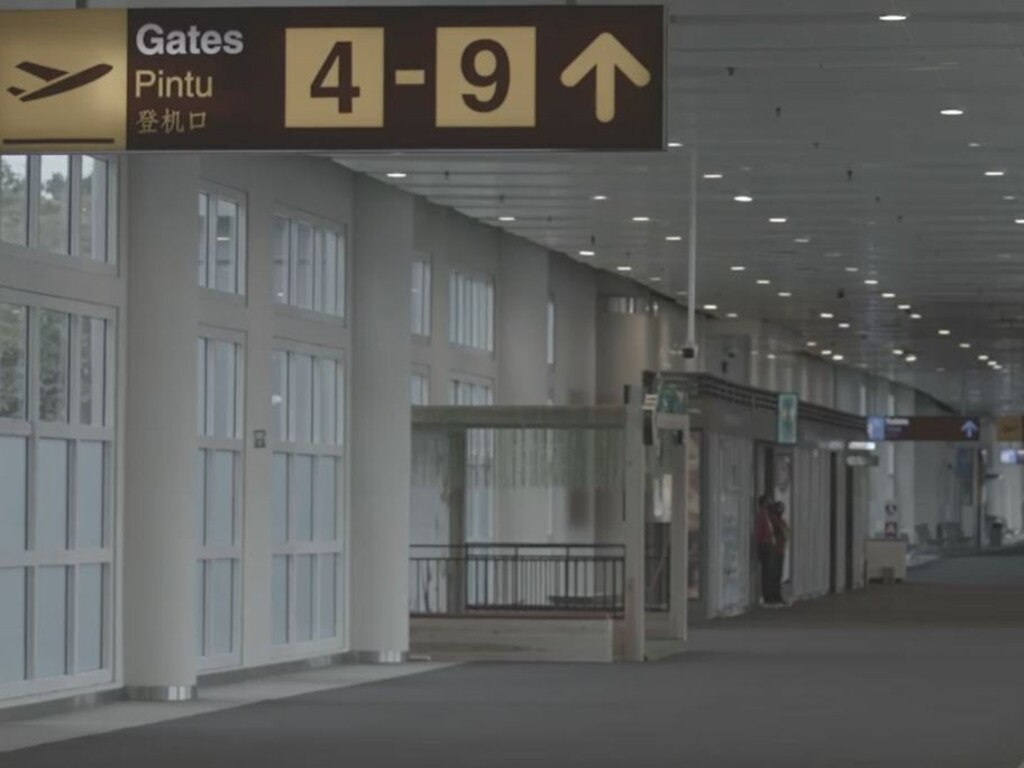
RELATED: Bali coronavirus deaths could be dire for Australian tourism
With 80 per cent of Bali’s economy relying on tourism, the pandemic has forced locals to confront the truth that has kept the island afloat for so long — “that its economy is addicted to tourism”.
Since the closure of the island’s border to foreign tourists, locals have been forced to turn their back on the industry that once provided so much for their economy. Some have moved back to their home village, others have returned to farming seaweed in the waters that were used by tourists for boat tours.
In a nutshell, the devastation of the pandemic, as shown in the documentary, can be witnessed at every turn.
“Walking through the international airport here, a place I have been to many times in my life is just quite surreal,” Foreign Correspondent journalist Matt Davis said.
“It’s normally bustling with international tourists coming through to the Island of the Gods but today is so quiet I can hear the airconditioner … that’s the only sound.”
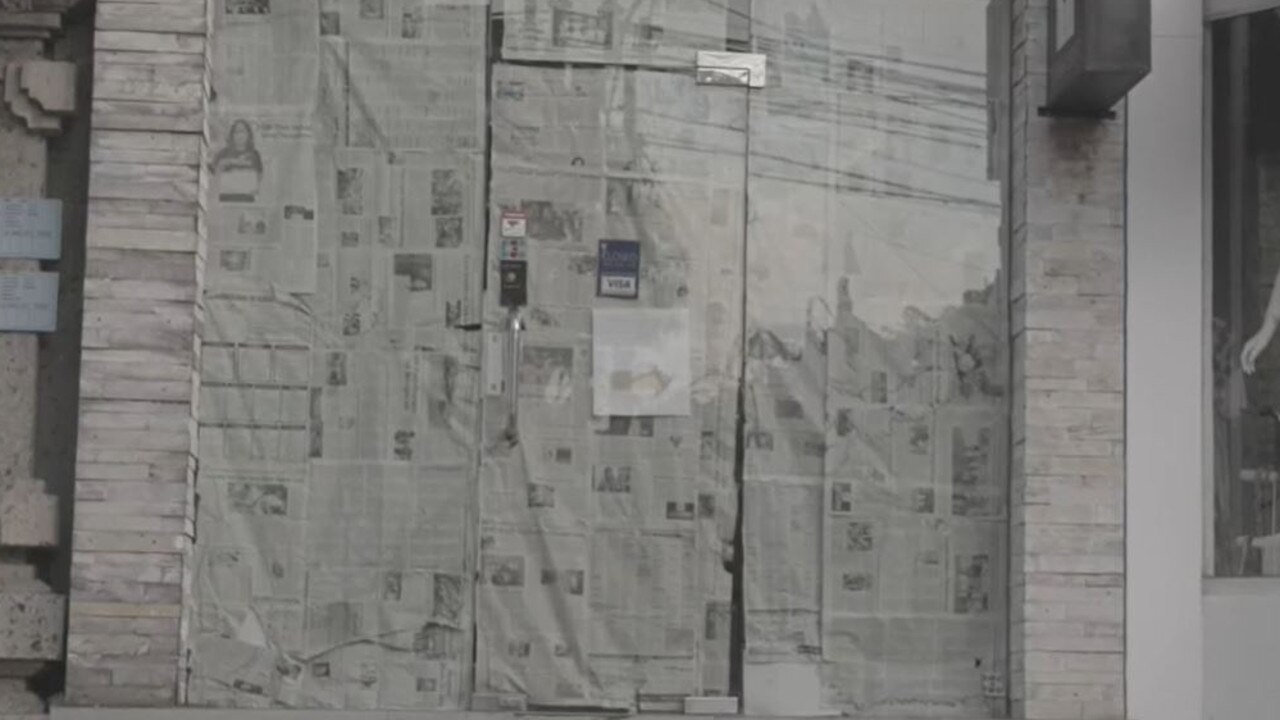
Cok Ace, the Vice Governor of Bali, said that while the island expected around 7 million visitors to pass through Denpasar airport in 2020, no one was prepared for March.
“Many countries imposed lockdowns,” he said of the global pandemic announcement in 2020.
“And the number of visitors dropped to zero. No flights coming in to Bali at all. So when the tourism stopped, we all really felt the impact.”
While Bali has been through slumps before, mainly the Kuta bombings in 2002 and eruptions of Mount Agung in the years since, locals believe the island will never recover to it’s pre-pandemic self.
“It’s weird … it’s just no one … it’s like a ghost town,” one local cafe owner said.
“I miss Bali getting busy and traffic … I miss the traffic.”
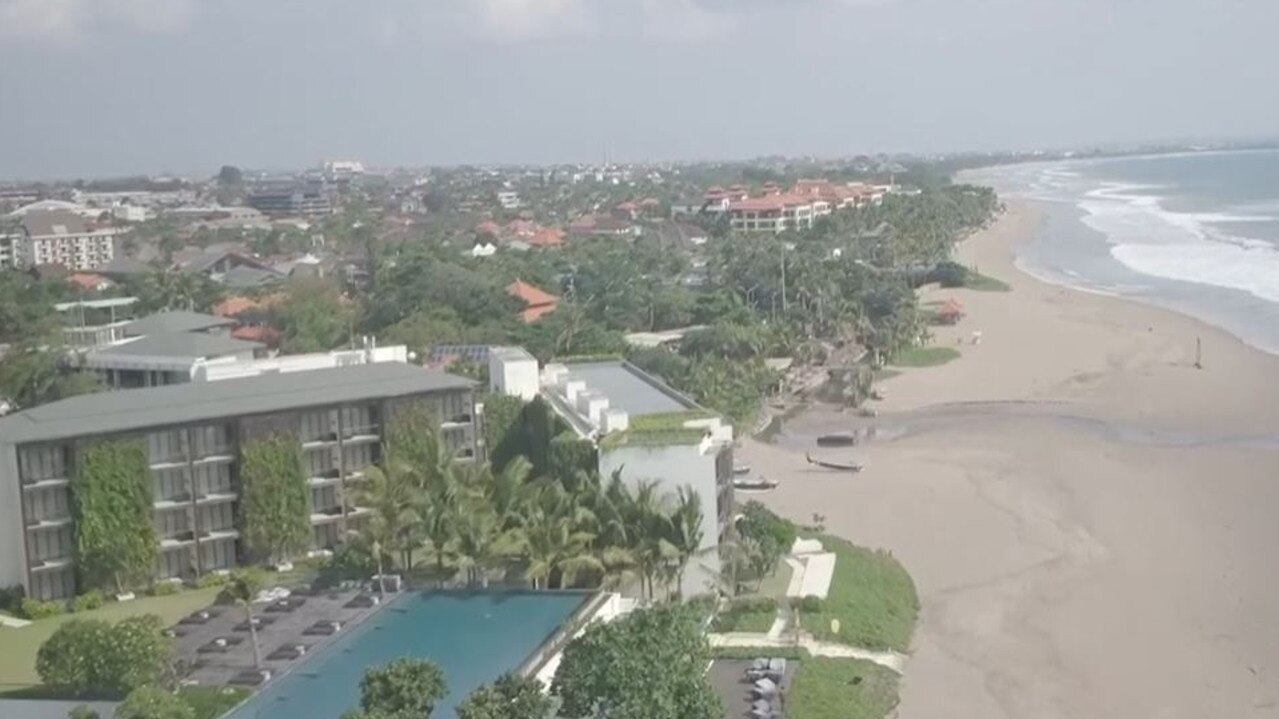
Ten years ago, when Bali’s tourism boom expanded from the main island to the smaller Ceningan and Nusa Lembongan islands, their beauty and natural wonder was a secret no more. Tourists flocked ashore in more than 20 boat loads each day, and planted themselves in stunning waterside villas, inside restaurants and along beaches.
But now, just two boats run daily, and lavish pontoons which once saw hundreds of tourists on board daily sit abandoned. And for some, almost completely submerged.
“Nusa Lembongan remained for a long time a bit of a hidden secret, but over the last five years that has changed,” local hotel owner Troy Sinclair explained, highlighting that most of the island found work in tourism but have now been impacted as a result of the shutdown.
“We are talking a massive change in volume and in the numbers coming in.”
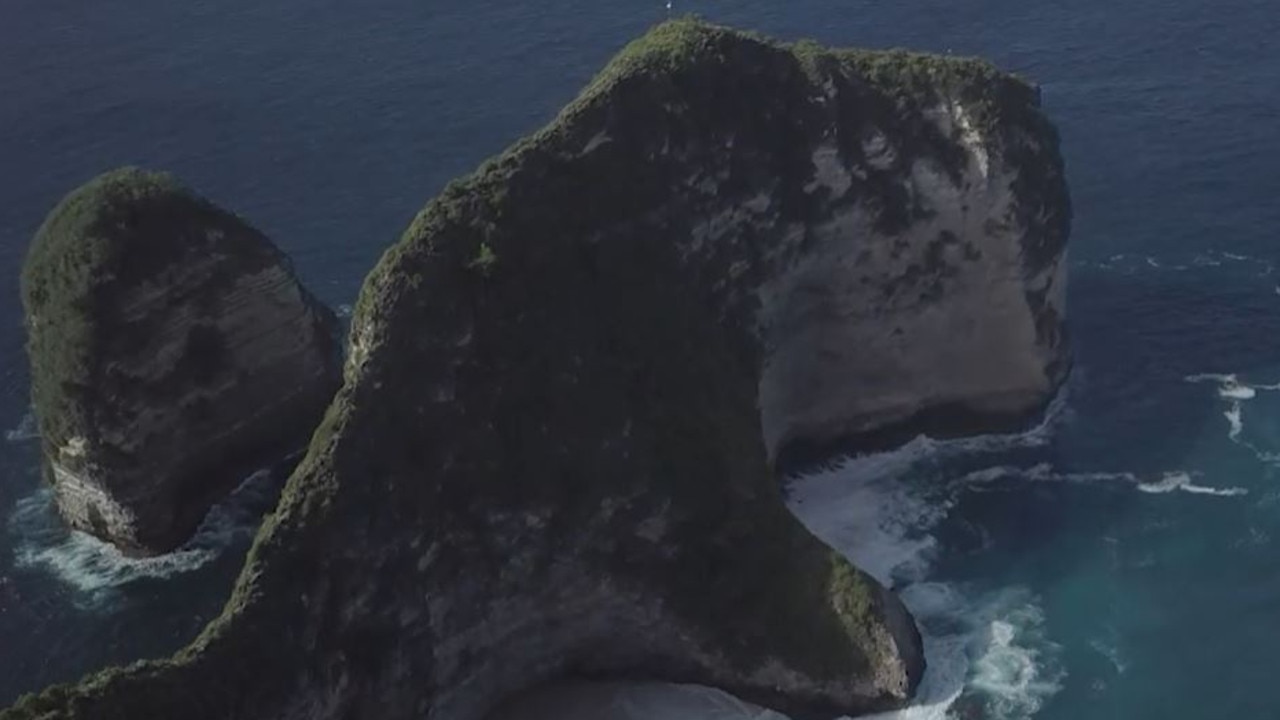
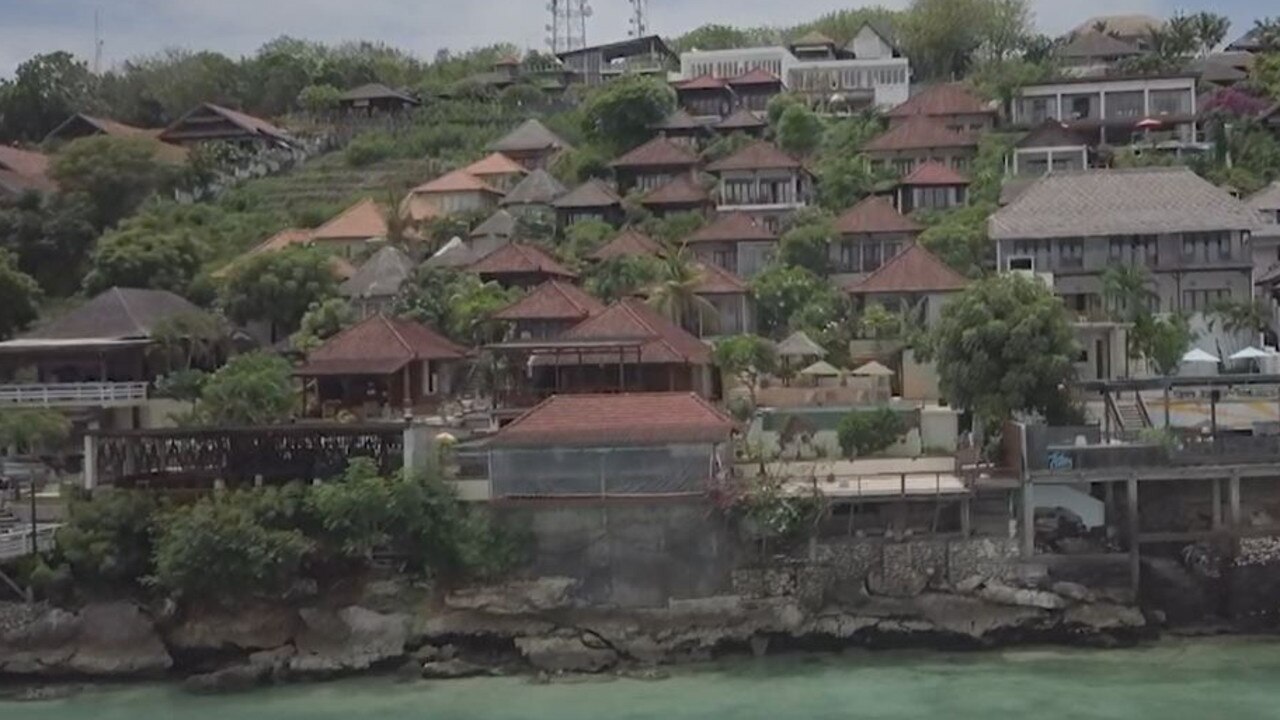
Mr Sinclair, who has been on the island for 15 years and has witnessed first hand the boom on Lembongan, said luxury villas now sit empty. But that’s only a slice of how bad things have become.
Luxury pontoons, which often host events and guests on board looking to swim and snorkel, sit submerged off the coast of the island.
“This one went down the other day,” he explained of a pontoon submerged half underwater.
“Pontoons are basically day trip businesses. They go into the island for tours to the Instagram shots. Under normal circumstances, this pontoon would have had guys on it every day … but obviously in these conditions they don’t and a small leak can lead to this very quickly.”
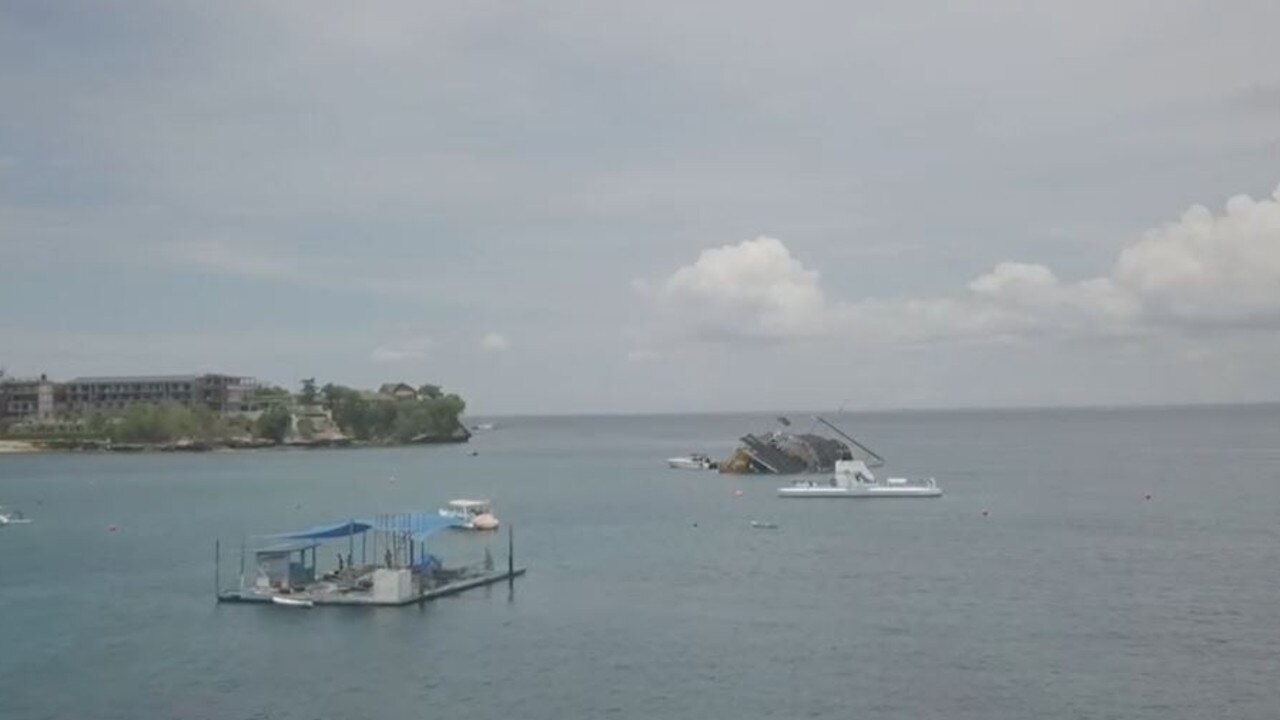
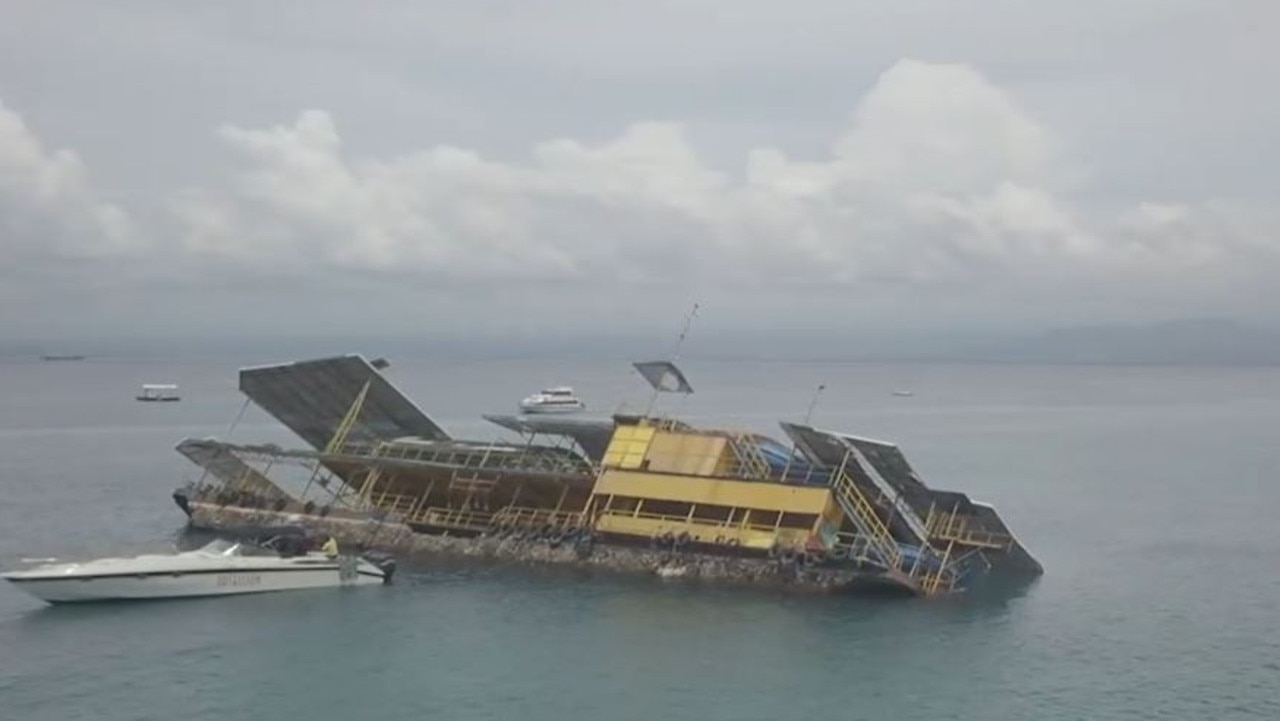
Indonesia’s COVID-19 outbreak is one of the worst in the region, with more than 36,000 recorded deaths and 1.3 million confirmed cases. Bali was initially looking much stronger in terms of low case number, which prompted the Governor to open up the island to domestic tourists last August, but within a few months the holiday island’s death toll increased five-fold.
Watch Tomorrow Will be Better on Foreign Correspondent Tuesday at 8pm on ABC TV and iview.




